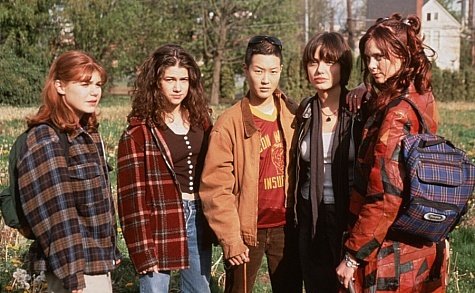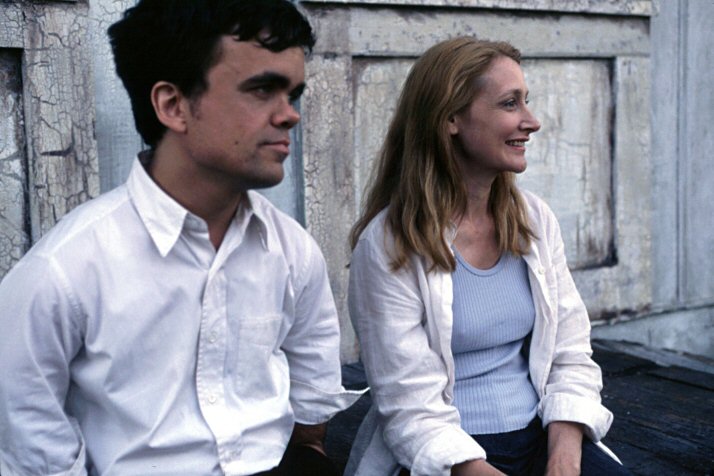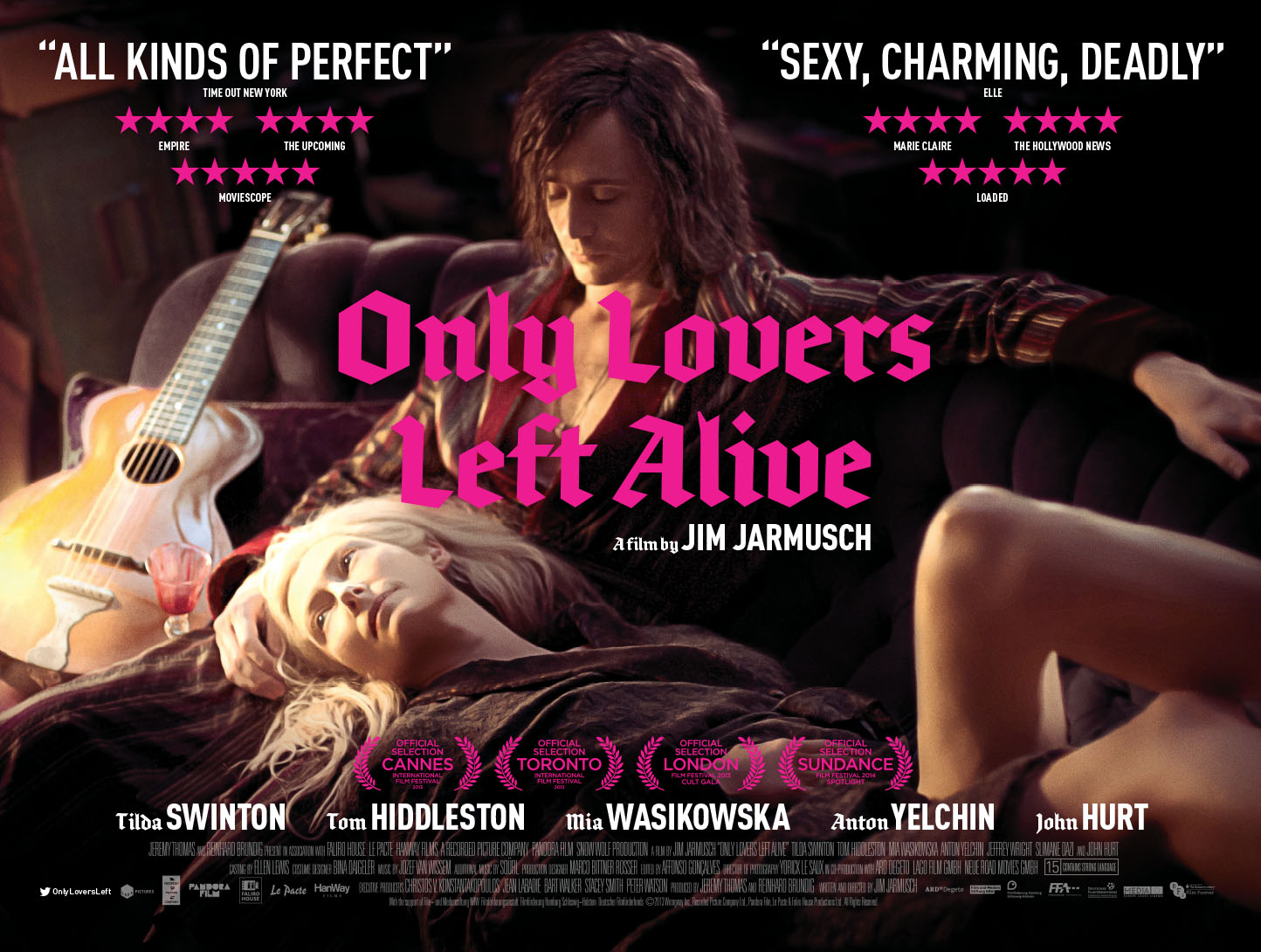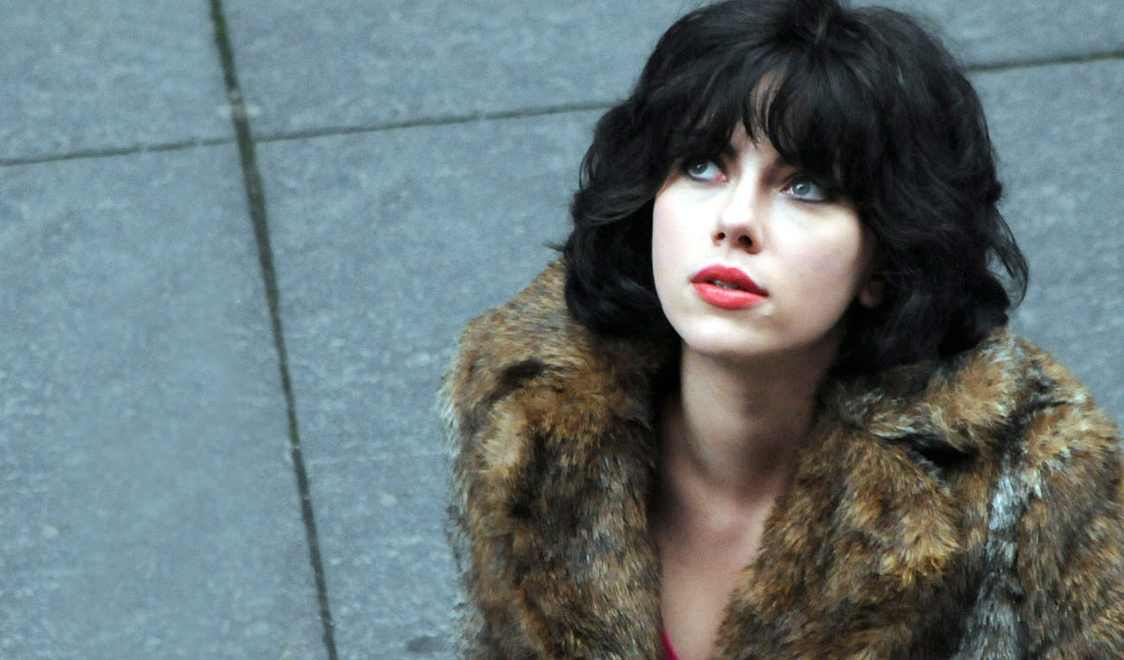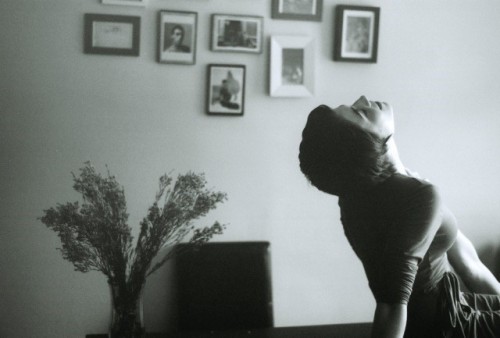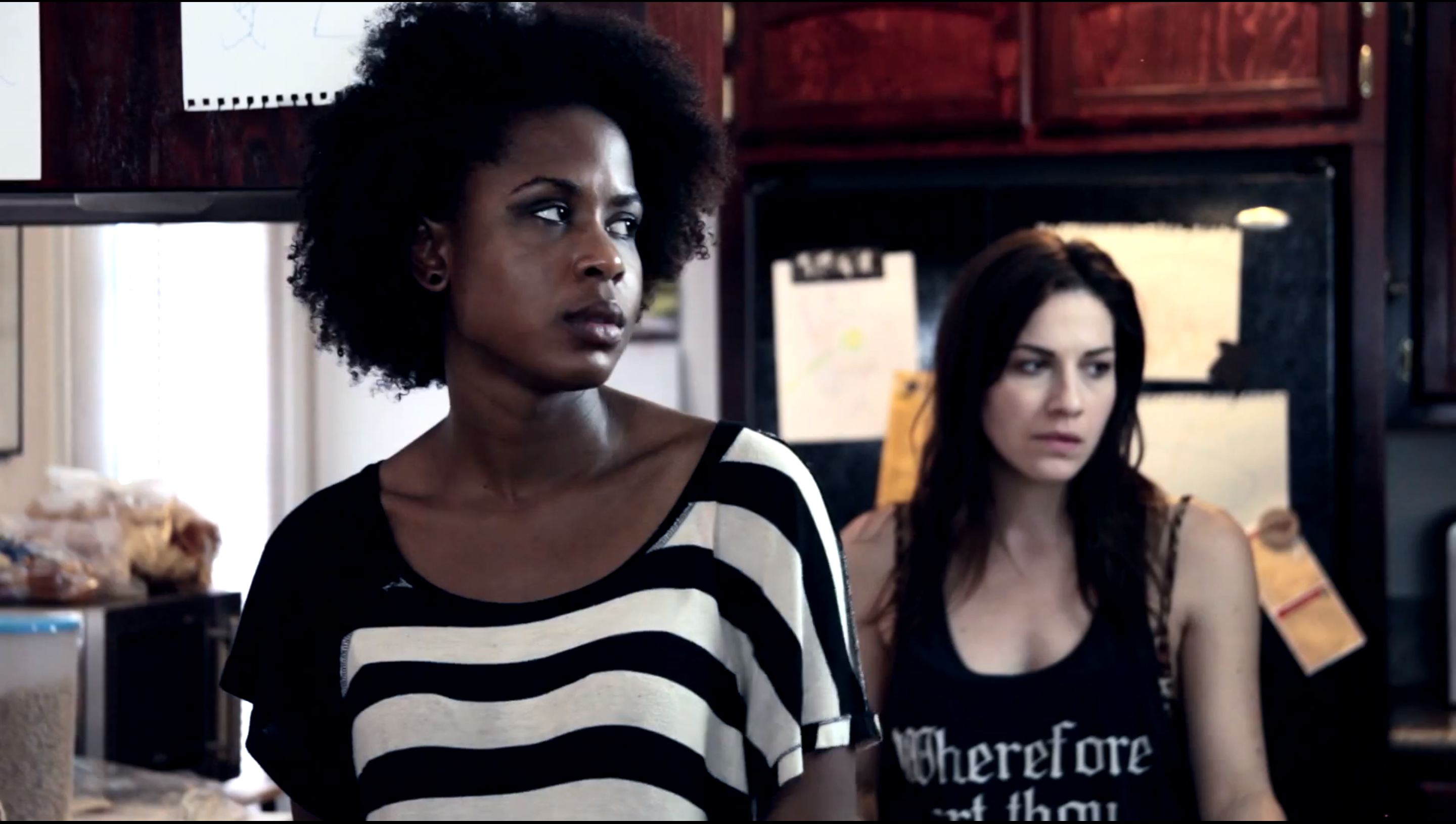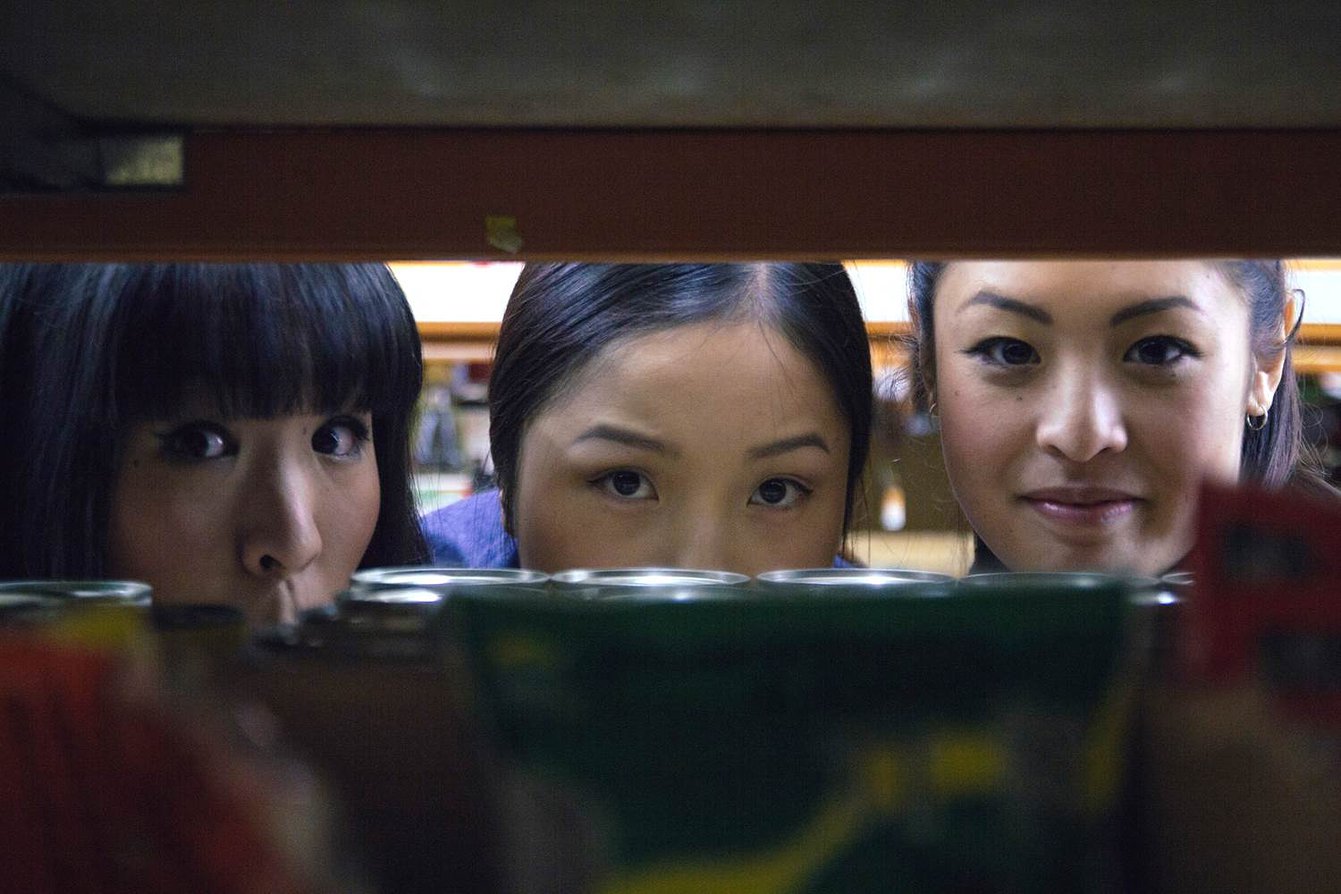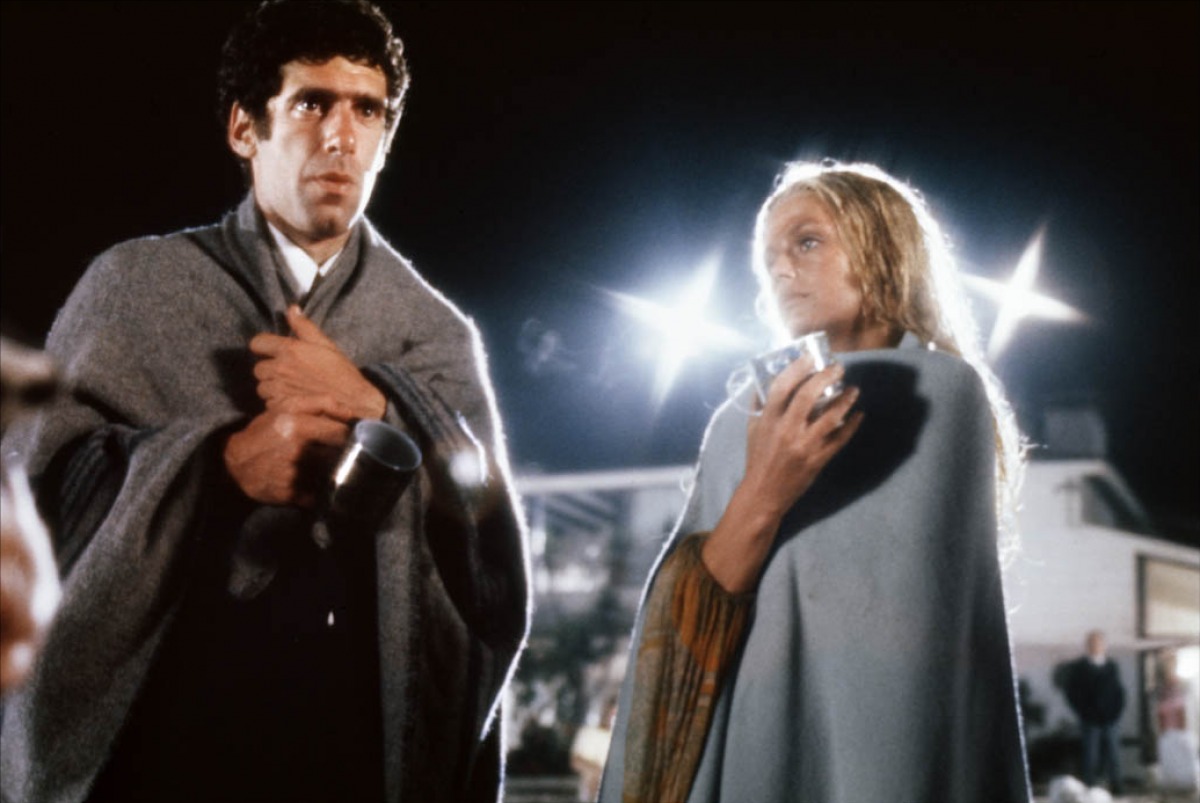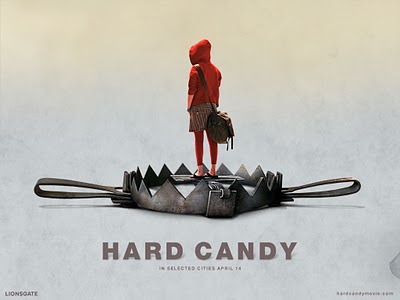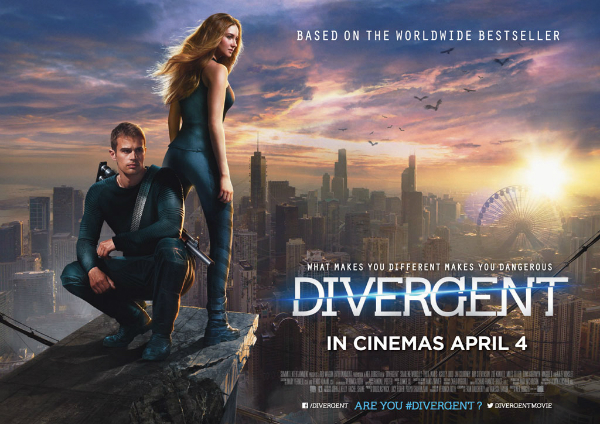Girl Gang Fights Rape Culture in ‘Foxfire’
Though very different, the two films based on Joyce Carol Oates’s novel, ‘Foxfire: Confessions of A Girl Gang,’ have a shared message: that rape culture is pervasive and the experiences of girls and women within it are sadly, universal. In both films, one set in the 90s, the other in the 50s, teenage girls inhabit dangerous territory, full of sexual assaults and near misses, all ignored by the authorities around them. Their experiences aren’t considered unusual or justified within their respective narratives, instead, they point out that women are given a lot of reasons to feel unsafe and afraid in our society. At the very least, we’ve all been told not to walk home at night or to be frightened by a man following too close on our heels.
